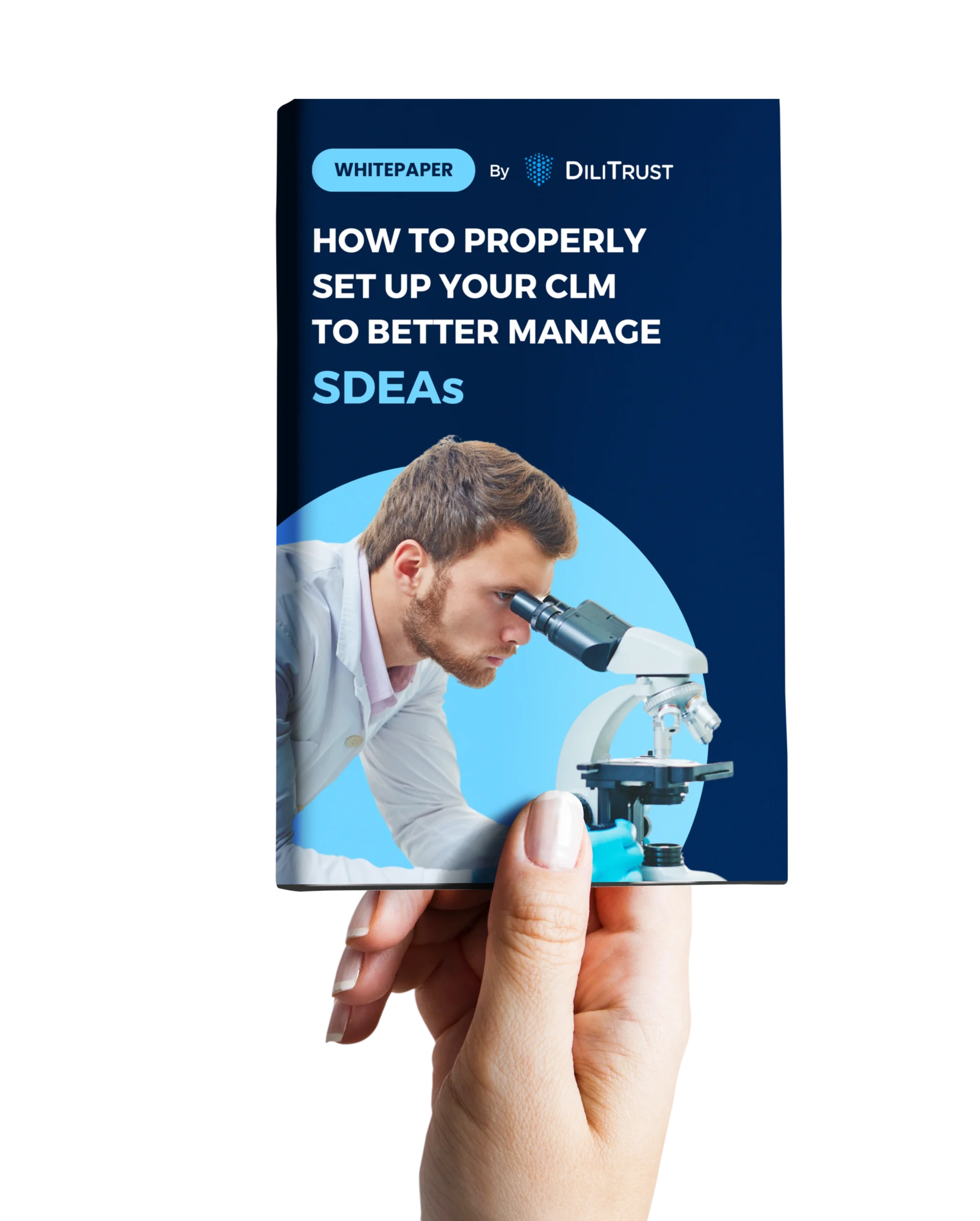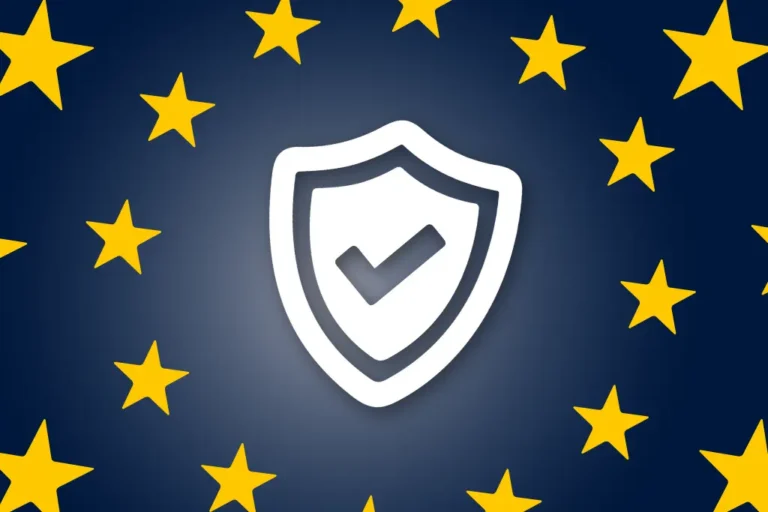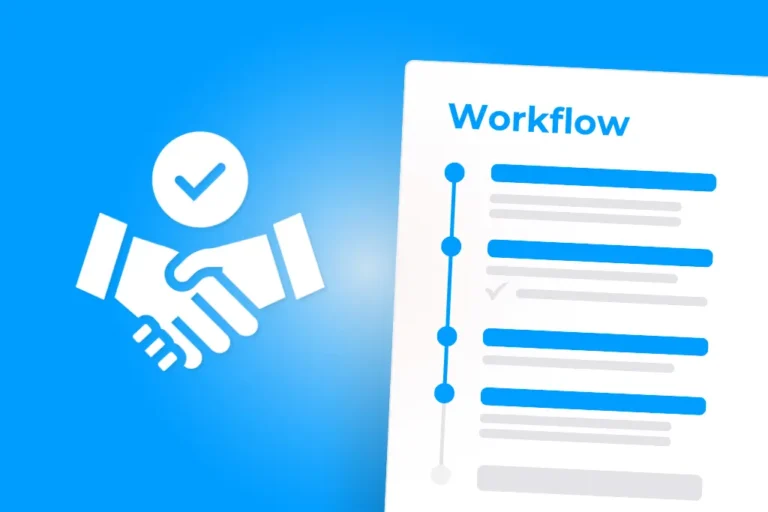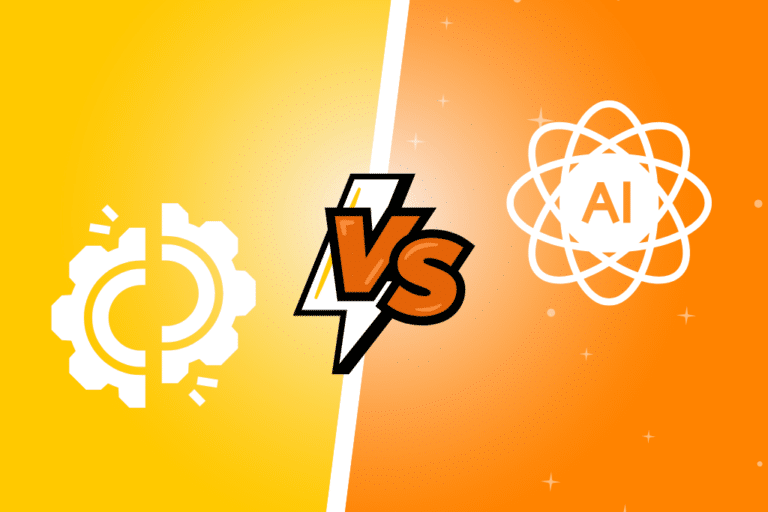In the pharmaceutical industry, where dynamic regulatory compliance and complex contractual relationships are paramount, lawyers face challenges in managing contracts efficiently and ensuring adherence to stringent regulatory requirements set forth by agencies like the Food and Drug Administration (FDA) and European Directorate for the Quality of Medicines (EDQM). Moreover, lawyers must be acutely aware of the sensitivity of information contained within contracts, including Safety Data Exchange Agreements (SDEAs), patents, supplier agreements, and partner contracts. The nature of these contracts often involves proprietary information, trade secrets, and intellectual property that require stringent protection. Specific clauses addressing confidentiality, data protection, and intellectual property rights must be carefully drafted and enforced to safeguard against unauthorized access or disclosure.
Contract management for a pharmaceutical law professional can be especially challenging in this context, as they must navigate complex legal frameworks while ensuring the highest standards of data security and compliance with regulatory requirements. Failure to be adequately compliant with the contracts and regulations whilst protecting confidential information can not only result in legal consequences for the company but also damage its reputation and trust.
This article explores the critical role of CLM solutions in the pharmaceutical industry, highlighting their impact on compliance, efficiency, and overall contract management practices.
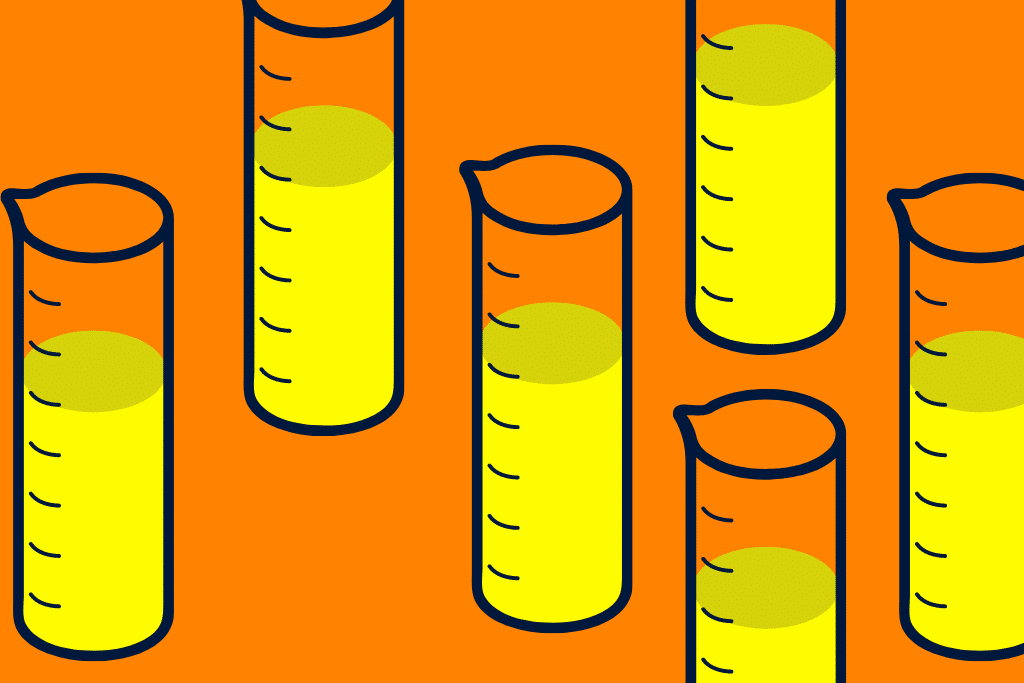
The risks of manual contract management
Significant risks are associated with manual management of contracts. Particularly in terms of compliance, efficiency, and security. Firstly, manual contracts management increases the likelihood of errors and inconsistencies in contract terms and data entry, which can lead to the company experiencing compliance breaches and legal disputes. Without automated reminders and tracking mechanisms, critical contract milestones, such as renewal dates or regulatory deadlines, may be overlooked, exposing the organization to compliance risks and financial penalties.
Secondly, manual processes are inherently time-consuming and labor-intensive, diverting valuable resources away from strategic activities. Lawyers and contract managers spend considerable time on administrative tasks like document creation, review, and approval, rather than focusing on higher-value activities like negotiating favorable terms or analyzing contract performance. This inefficiency can result in delays in contract execution, missed opportunities, and decreased productivity.
Finally, manual contract management lacks the robust security measures necessary to protect sensitive information and intellectual property. Paper-based contracts or spreadsheets stored on local drives are vulnerable to unauthorized access, loss, or theft. In the highly regulated pharmaceutical industry, where confidentiality and data security are paramount, the exposure of proprietary information can have severe consequences, including legal liabilities, reputational damage, and loss of competitive advantage.
Increased need for data protection
In a complex environment, the need to protect information and data integrity is important. Companies operating in this industry deal with a wide range of sensitive information, from proprietary research to patient information. Ensuring data confidentiality, availability and integrity is important not only in terms of intellectual property, but also to protect the entire supply chain and the reputation of the company.
One of the industry’s most striking examples of data protection is clinical trial data. These trials are crucial to the development and approval of new products on the market, providing essential information on safety, efficacy and dosage. However, these clinical trials require the collection and analysis of sensitive data from trial participants, including medical histories, genetic data and treatment results.
Ensuring the confidentiality of this data is essential to protect the privacy of patients and individuals taking part in these trials, and to ensure compliance with regulations such as the Health Insurance Portability and Accountability Act (HIPAA) as well as the General Data Protection Regulation (GDPR). Any data leakage could have serious consequences, including legal penalties, damage to reputation and loss of trust on the part of other industry professionals.
The role of technology in improving contract processes
Advanced Contract Lifecycle Management (CLM) solutions leverage technology to streamline every aspect of the contract lifecycle, from creation to execution and monitoring.
With the advent of Contract Lifecycle Management (CLM) solutions, lawyers now have a powerful tool at their disposal to face these challenges effectively. By leveraging technology to automate manual processes, streamline workflows, and enhance collaboration, CLM solutions enable lawyers to optimize contract management, mitigate compliance risks, and drive greater efficiency and productivity in their daily work.
Optimized Contract Management for the Pharma Industry
Benefits of using a CLM
Facilitate Compliance with Regulatory Requirements
The pharmaceutical industry is heavily regulated by agencies like the FDA in America, and the EDQM in Europe. By using a CLM solution, lawyers can ensure that contracts adhere to these regulations, including requirements for product quality, safety, and efficacy, thus mitigating the risk of non-compliance and potential legal issues.
Enhancing Operational Efficiency and Productivity
Traditionally, managing contracts in the pharmaceutical industry has been a time-consuming and labor-intensive process, involving manual document creation, review, and approval. With advancements in technology, CLM solutions automate many of these tasks, streamlining the contract lifecycle and freeing up lawyers’ time for more strategic activities. Automated workflows, electronic signatures, and document tracking capabilities improve efficiency and productivity, allowing lawyers to focus on higher-value tasks.
Facilitating Collaboration
Collaboration among internal teams and external partners is essential in the pharmaceutical industry. CLM solutions enable seamless collaboration by providing a centralized repository for contracts, allowing authorized stakeholders to access and share information in real-time. This fosters better communication, alignment, and decision-making across the organization.
Ensuring Data Security
Maintaining a vigilant approach to data security and implementing robust security measures within the CLM framework is essential for protecting sensitive information.
Increasing Transparency and Accountability
Transparency and accountability are essential, particularly concerning regulatory compliance and legal obligations. A CLM solution offers transparency by providing visibility into the entire contract lifecycle, from creation to expiration. Version control and reporting capabilities ensure accountability, allowing lawyers to track changes, monitor compliance status, and demonstrate regulatory adherence when required.
In conclusion, relying on manual contract management processes in the pharmaceutical sector exposes organizations to heightened compliance risks, operational inefficiencies, and data security vulnerabilities. Implementing a Contract Lifecycle Management (CLM) solution offers a comprehensive and automated approach to contract management, mitigating these risks and empowering organizations to achieve greater compliance, efficiency, and security in their contractual practices.
